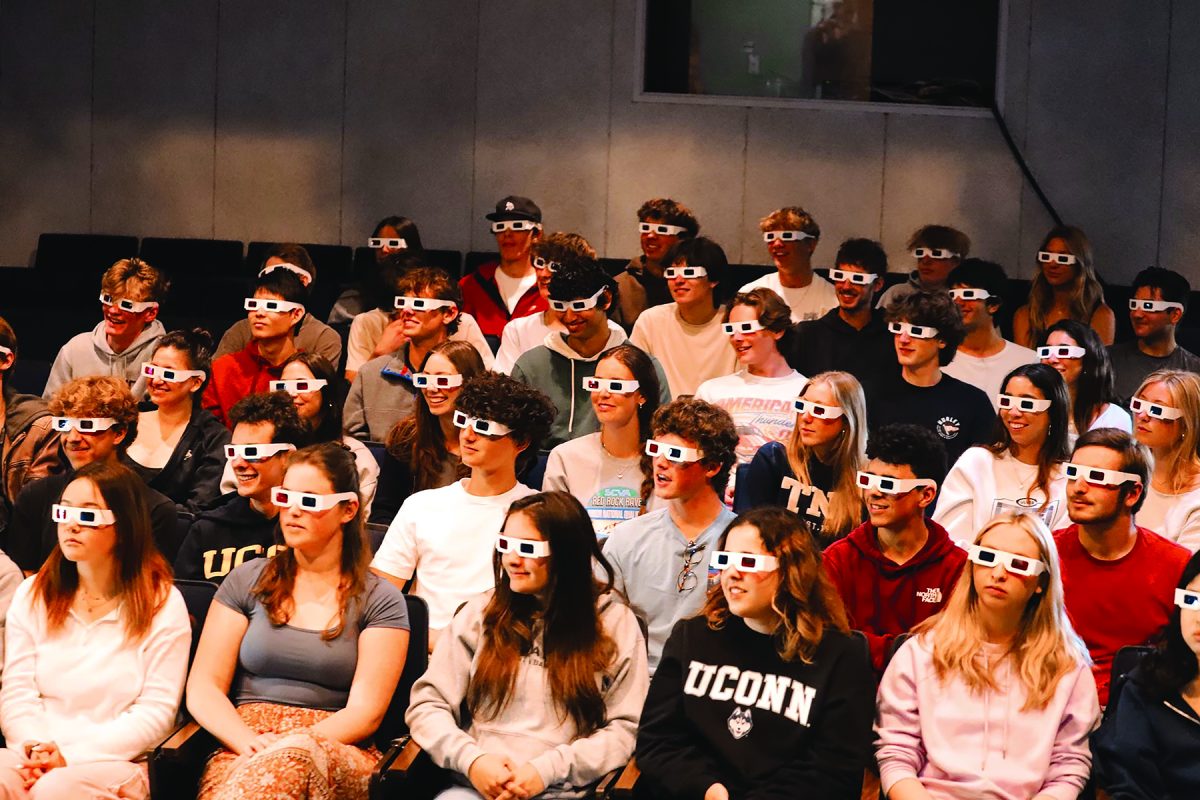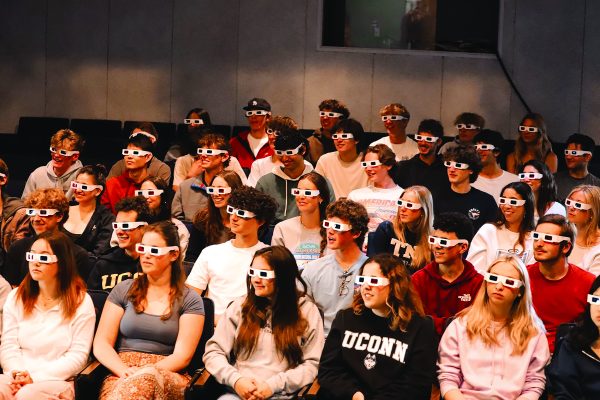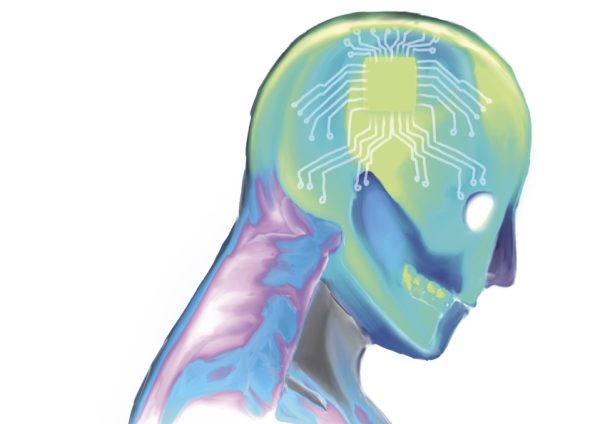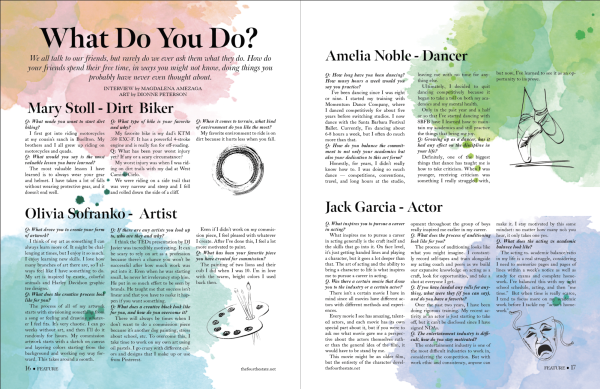I Voted, Did You?
The youth vote has the potential to be extremely influential in this country.
February 17, 2023
In the United States, eighteen is the start of many things; adulthood, independence, and arguably most important, engagement in the democratic process. When one votes, they are participating in the democratic process and helping to shape the future of their country. Voting is also a way for 18 year olds to express their opinions and values, and to hold their elected representatives accountable for their actions. Registering to vote at a young age sets precedent for when one grows up, and can nurture a lifetime of participation in the democratic process.
This past November, in the 2022 Midterm Elections, 27% of 18-29 year olds voted, the largest youth voter turnout in a midterm in three decades. It was young people’s support for Democratic candidates, specifically, that led them to have a major impact on elections in key states this year.
At Laguna, there were eight eligible student voters and five voted. Low youth voter turnout can be attributed to a plethora of factors, including lack of information about the candidates, lack of access to polling places, lack of transportation, or work or school conflicts on Election Day. Seniors Thomas Couvillion and Hudson Mayfield both voted in the 2022 midterm election, and below they share their experience and what brought them to the polls.

Thomas Couvillion ’23:
Q: Why did you decide to vote in the midterm elections?
A: I knew a few of my friends had decided to vote which definitely influenced me to vote. The main reason I voted was because of my AP Government class, where we spend most of the time talking about political systems.
Q: Do you think it is important to vote at 18 (or as early as you can)? If so, why?
A: I think that it is. I believe it shows you are ready to start participating in society and it also helps spread the ideas to our younger population.
Q: Are schools doing enough to educate students about the importance of voting? If not, what could be done to help students become informed on voting issues?
A: Within my AP Government class, there was an incentive to vote, but as a school I do not think there is a very big emphasis on it. I think if the school put out information on how you register to vote, that would motivate students.
Q: How can our generation prepare future generations to get excited to vote?
A: By increasing awareness that voting is our civil duty and proving to younger generations that our votes do matter, we as a generation will see that it is crucial to support the values we believe in.

Hudson Mayfield ’23:
Q: Why did you decide to vote in the midterm elections?
A: If you are going to hold any sort of political opinions you should at least vote on them, otherwise what is the point? I felt motivated by the impact that local politicians have had on Santa Barbara in years prior.
Q: Are schools doing enough to educate students about the importance of voting? If not, what could be done to help students become informed on voting issues?
A: Schools in general don’t talk about voting as much as individual teachers do, but I think that’s the way it should be. It is a bit of a slippery slope if the school itself is in charge of encouraging students to vote, but when your teachers, coaches, and other figures in your life, I believe it is a positive influence.
Q: How can our generation prepare future generations to get excited to vote?
A: We are lucky enough to live in a state and country where it is relatively painless to vote– therefore students should take initiative to go out and vote. Our generation should be pointing out the fact that we have easy access to polling and how critical voting is for the issues we face.














